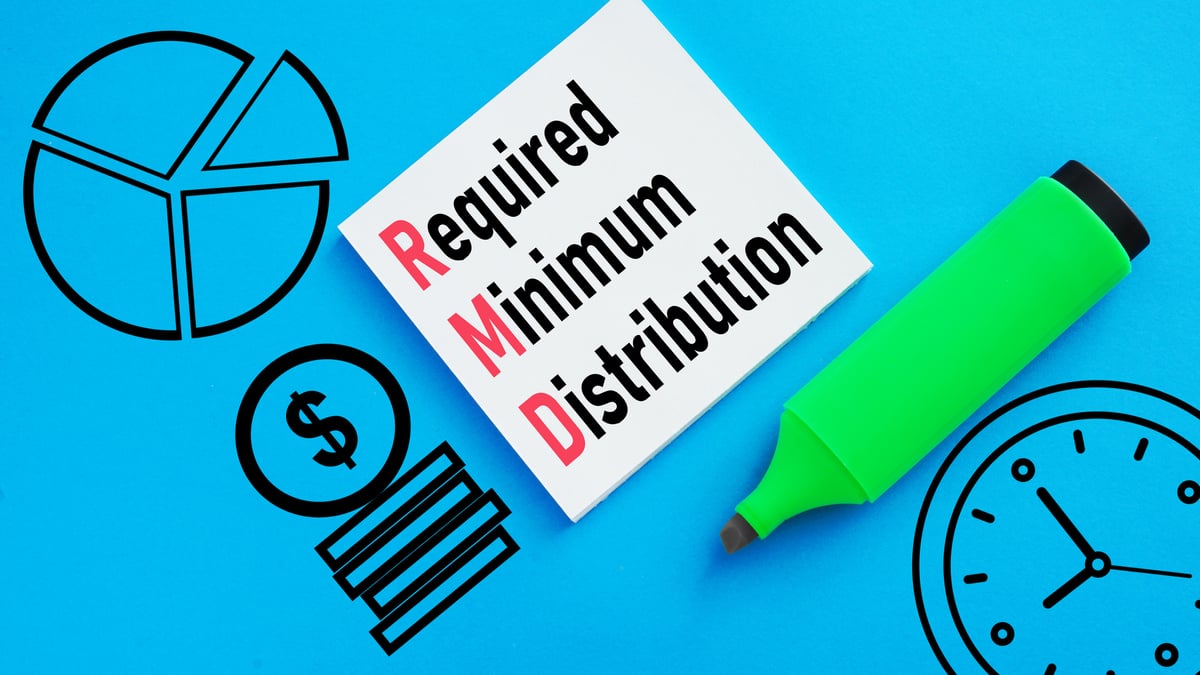Having enough income for a secure retirement is essential. Seniors are living longer than ever, and many of the costs they're likely to incur -- including healthcare and housing -- are rising. This is why saving early and aggressively is so important, as is making sure that your nest egg is big enough before leaving the workforce.
Unfortunately, troubling data from the Center for Retirement Research (CRR) at Boston College suggests most Americans are simply not on track to have the funds they need for financial security. In fact, the CRR estimates that roughly half of all older households may end up falling short in retirement.
But if you're still young, you have time to make sure your household isn't one of them. And if you're already retired, there are steps you can take now to try to preserve your nest egg and make sure you don't run out of money.

Image source: Getty Images.
Many Americans won't have enough income in retirement
To assess the income retirees will have available to them, the CRR compared income estimates from five commonly used national surveys, as well as administrative data from the IRS and from the Social Security Administration. This included federal government data from the Current Population Survey, the Survey of Consumer Finances, and the Survey of Income Participation, and the University of Michigan's Panel Study of Income Dynamics and its Health and Retirement Study.
The CRR found that, when factoring in income from Social Security, retirement plans, interest and dividends, and other sources of senior income, roughly half of all households in America will not be able to replace 75% of their pre-retirement income. Most financial experts say retirees will need at least this much to live comfortably, although studies have shown many seniors actually end up spending more in retirement than they did before leaving the workforce.
How can you make sure you have enough?
If you're still in the workforce and are concerned you'll become one of the millions of Americans with too little retirement income, taking action today could help you avoid this fate.
The key is to begin saving as early as possible and to save enough. The conventional wisdom that you'll be alright if you save 10% of income doesn't really apply anymore due to longer lifespans, lower projected returns, and rising costs -- so it's important to aim for at least 15% of income (and preferably closer to 20%) as a savings goal.
To make saving easier, create a budget that prioritizes retirement savings and pay yourself first by automating contributions to a 401(k) or IRA every payday before you have a chance to spend money on other things. And consider cutting expenses by driving cheaper used cars instead of always having a car loan and by limiting money you spend on dining out.
Working longer could also help avoid shortfalls later in retirement. It allows you to make more contributions to retirement accounts, and to delay claiming Social Security so you can earn delayed retirement credits and increase your monthly benefit.
What should you do if you're facing a shortfall?
If you're already retired and are concerned that yours will be among the American households that can't consistently replace 75% of pre-retirement income, you have a few different options.
You could return to work at least part time so you rely less on savings and can set more money aside for the future. You could also downsize by moving to a smaller home or getting rid of at least one of your vehicles if you're a two-car household. Relocating to a state with a lower cost of living or that has more tax-friendly policies for retirees is also an option.
Whatever approach you take, act as early as you can to make lifestyle changes to preserve your nest egg in early retirement. Spending tends to be high when you first leave the workforce because of travel and hobbies, then it falls as your health declines, and then increases again in the last few years of retirement from costly healthcare bills.
Running out of money during these later years is a financial disaster because you can't work and don't want to be unable to afford care. So act when you're still young to preserve future financial security when you'll need it most.
Americans need to do better when it comes to retirement savings
Sadly, with half of all U.S. households projected to fall short on retirement savings, it's clear Americans need to save more, or that more support is needed in the form of increased benefits for seniors -- or both. If you're still young and have the time, retirement savings should be a top priority.





